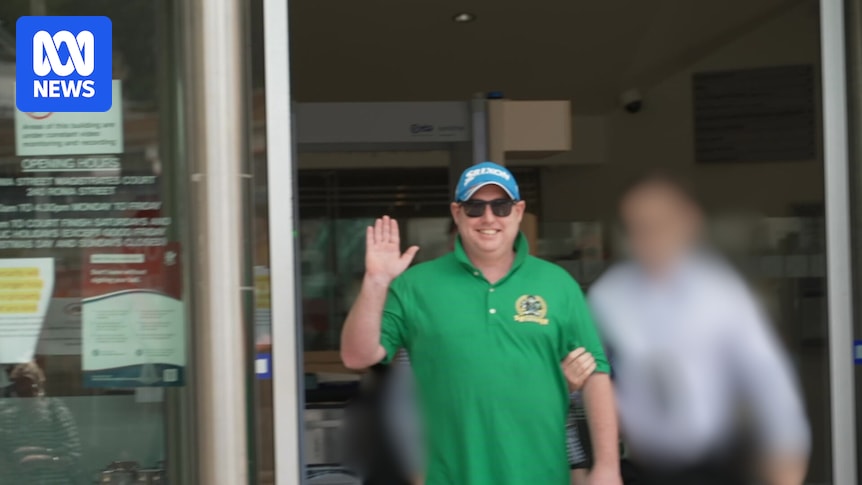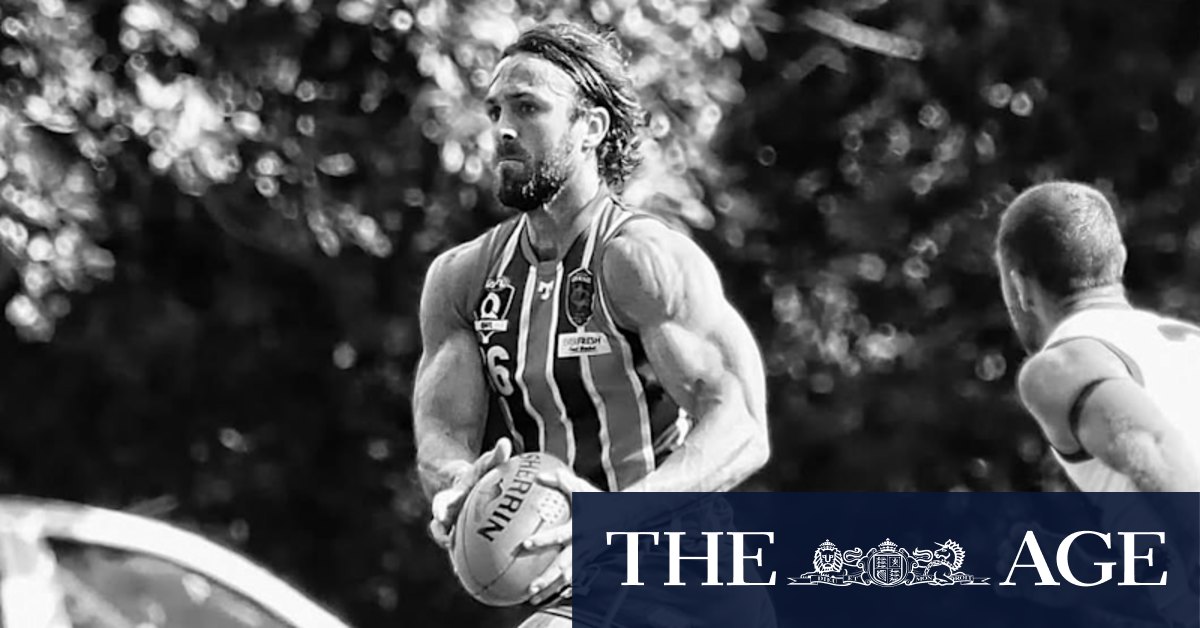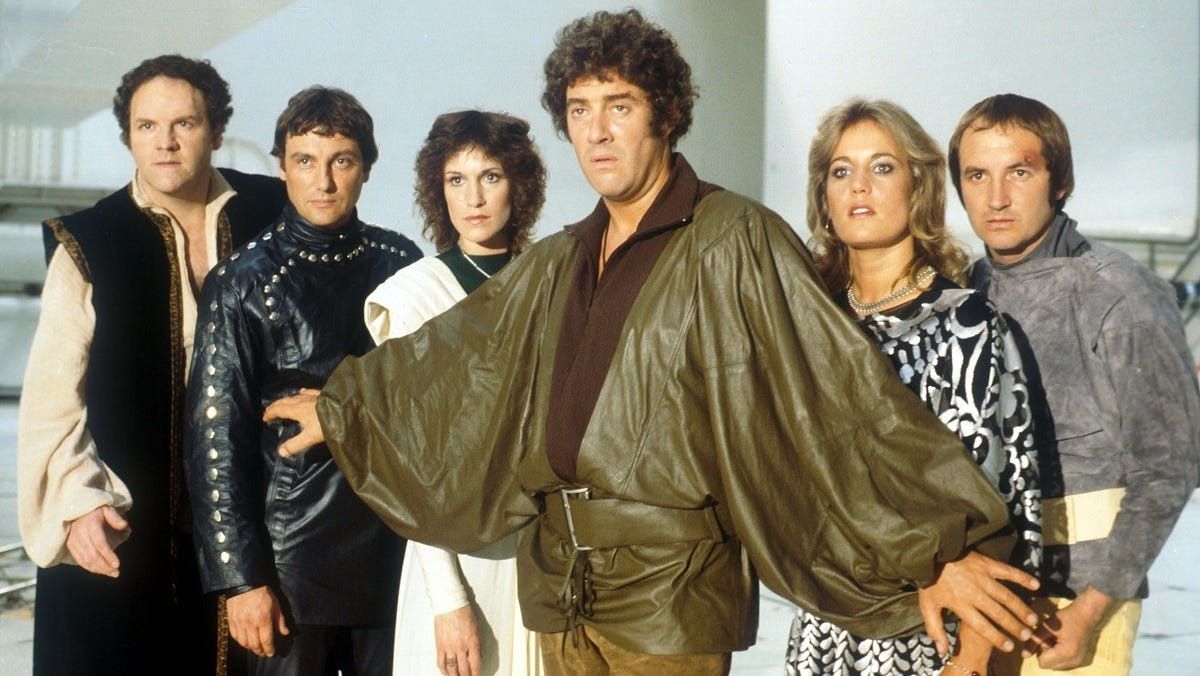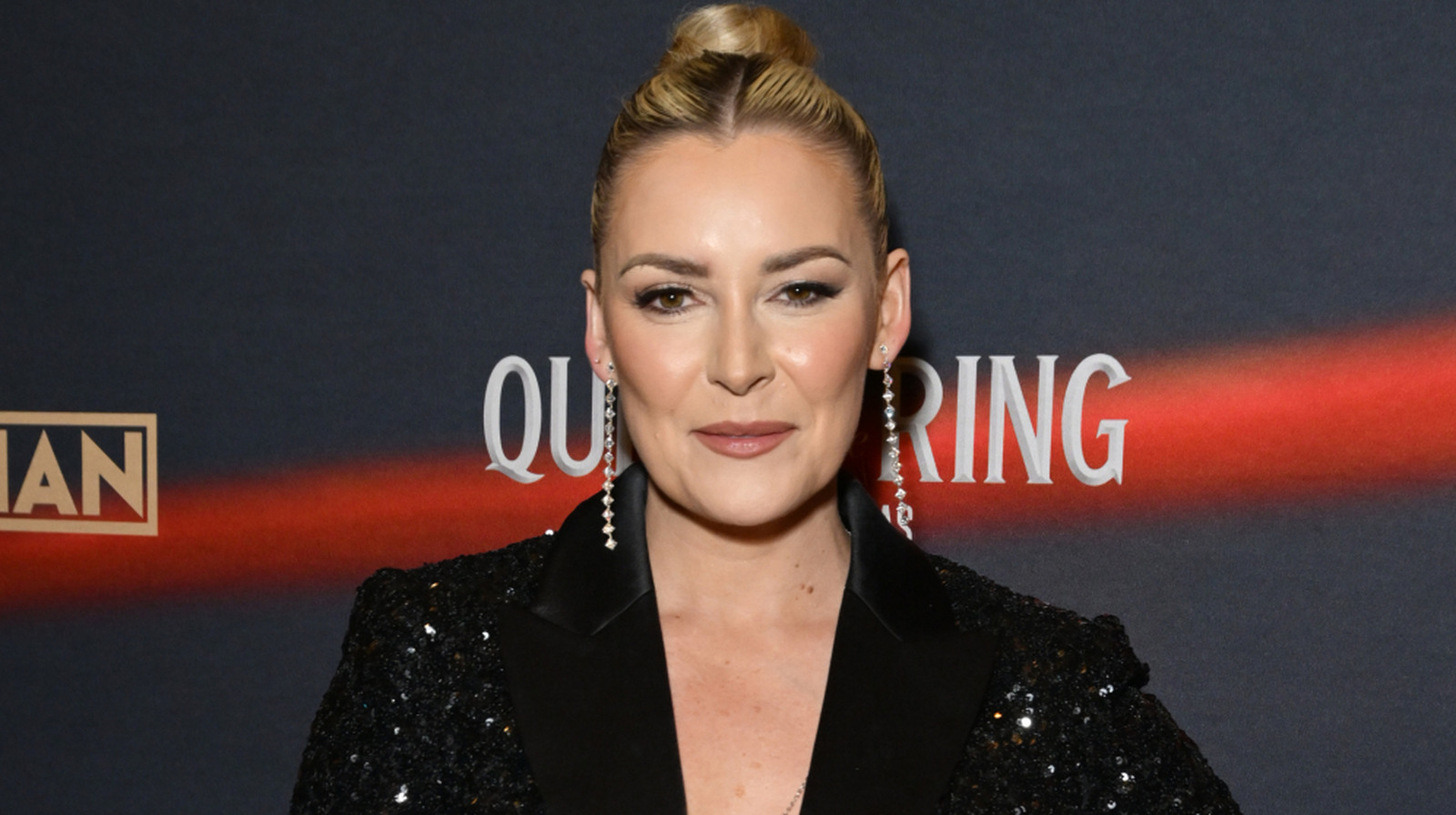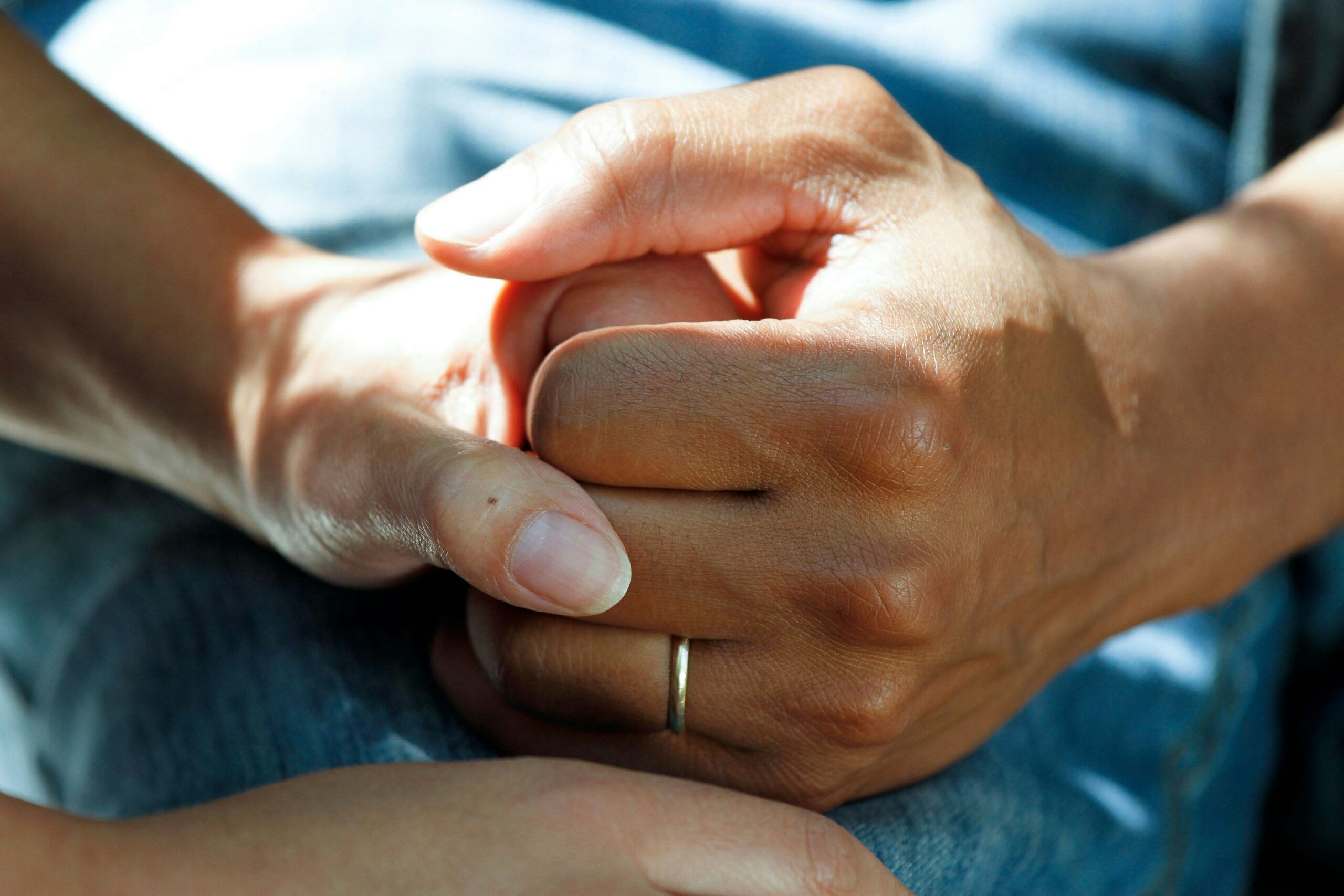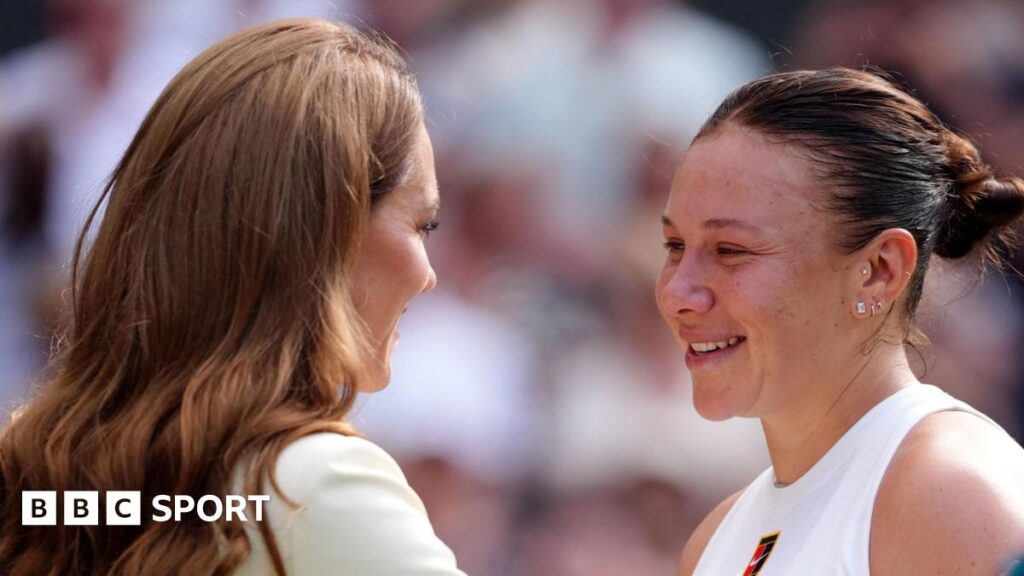
Amanda Anisimova’s journey at Wimbledon 2025 ended in a heavy defeat to Iga Swiatek, leaving the American tennis star grappling with a moment that could define her career. Despite the 6-0, 6-0 loss in her first Grand Slam final, Anisimova is determined to rise from the setback, drawing on past experiences and inspirational quotes to guide her recovery.
In the aftermath of the match, Anisimova reflected on the emotional challenge of such a decisive loss. “For it to be in my first Grand Slam final was definitely very hard to digest,” she told BBC Sport. “But I’ve been in difficult situations before in my career, and I feel like I’ve learned so much from those moments.”
The Psychological Battle
Getting over a demoralizing defeat can be a complex process for athletes. Germany’s Alexander Zverev, for instance, has spoken about “feeling lost” after suffering three consecutive Grand Slam final defeats. Yet, others, like Jannik Sinner, who reached the Wimbledon men’s final just 35 days after losing a classic French Open final, have shown remarkable resilience.
Anisimova, who took a break from tennis two years ago to focus on her mental health, is no stranger to overcoming adversity. During her hiatus, she studied business with psychology at a university in California, equipping her with tools to handle pressure and disappointment.
Inspirations and Influences
Anisimova hopes to find solace in the words of American author Marianne Williamson, who wrote about how pain can “burn you up and destroy you or burn you up and redeem you.” Additionally, she draws strength from Rudyard Kipling’s famous poem “If,” particularly the line about treating “triumph and disaster” as the same impostors, a quote prominently displayed at Wimbledon’s Centre Court entrance.
“I think it’s really helpful that that quote is up there and it’s definitely going to stay on my mind the next few days,” Anisimova shared with BBC Sport.
Support System and Expert Opinions
Former world number one Tracy Austin expressed optimism about Anisimova’s recovery, citing the strong support system around her, including her mother, sister, and nephew, who are currently in town. “Having her people around will help,” Austin told BBC Sport. “She might be able to quickly realize that it is her first major final against a former world number one who was 5-0 in major finals.”
Austin also highlighted the unique pressure of Wimbledon, suggesting that the tournament adds “another 25-30% of pressure because it is Wimbledon.” This perspective underscores the magnitude of the challenge Anisimova faced against Swiatek.
Looking Forward
As Anisimova processes this defeat, she remains committed to maintaining a positive outlook. “The only thing I told myself was to keep my head high and to keep fighting because I didn’t want to let myself down at any moment,” she stated. Her resolve is a testament to her growth and maturity as a player.
Meanwhile, the tennis world watches with interest to see how Anisimova will channel this experience into future successes. Her journey serves as a reminder of the mental fortitude required at the highest levels of sport, and her story is one of resilience and hope.
As the dust settles on Wimbledon 2025, Anisimova’s focus will likely turn to upcoming tournaments, where she will aim to apply the lessons learned from this experience. Her ability to bounce back will not only define her career but also inspire countless others facing similar challenges.
